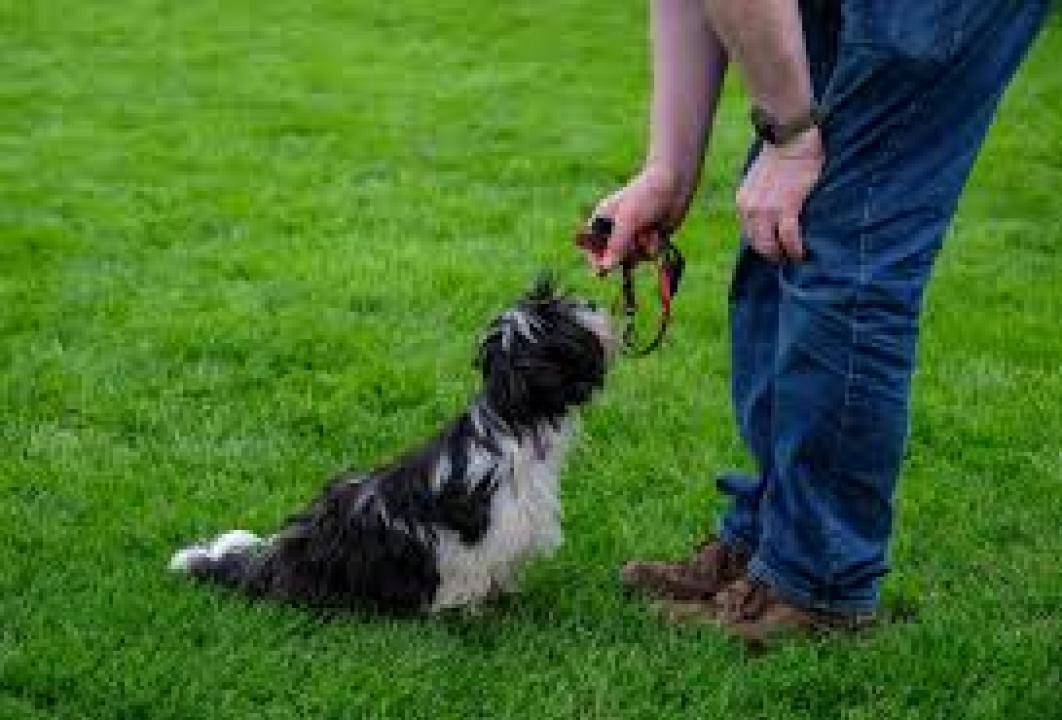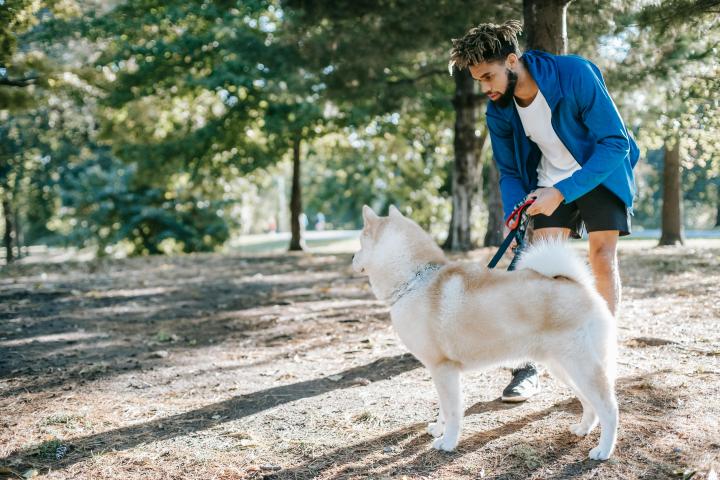Raising a
well-adjusted, confident, and friendly dog begins long before adulthood. One of
the most critical aspects of a puppy’s development is early socialization. This
crucial stage lays the foundation for a dog’s lifelong behavior and shapes how
they interact with people, other animals, and their environment. For anyone
considering puppy training in Wirral,
understanding the value of early socialization is essential to giving your dog
the best start in life.
1. What Is Early Socialization?
Early socialization refers to the period during which a puppy is most open to new experiences—typically between 3 and 16 weeks of age. During this time, puppies are naturally curious and far less fearful of unfamiliar situations. Exposing them gently and positively to a variety of sights, sounds, smells, and interactions can significantly influence their temperament as adult dogs.
Socialization
isn’t just about play; it’s about gradually introducing a puppy to the world.
This includes meeting other dogs, different types of people, hearing loud
noises, seeing vehicles, walking on various surfaces, and more. The goal is to
help puppies become confident in unfamiliar settings and reduce the risk of
fear-based behaviors later in life.
2. Why Early Socialization Matters
Without proper socialization, puppies may grow into anxious or reactive dogs. This can lead to challenges such as aggression, fear of strangers, leash reactivity, or difficulties in new environments. Early exposure helps build resilience and reduces the chance of behavioral issues as the dog matures.
Moreover, socialized puppies are easier to train. They’re more attentive, less distracted by their surroundings, and generally more comfortable in various situations. This makes ongoing training smoother and more effective.
3. The Role of Positive Reinforcement
Introducing new experiences must always be paired with positive reinforcement. Whether it’s treats, praise, or play, rewarding your puppy for calm and curious behavior encourages them to associate new situations with good outcomes. For example, if your puppy calmly greets another dog, a treat reinforces that this was the right response.
It’s important not to force interactions. Socialization should be gradual, positive, and respectful of your puppy’s pace. If a puppy is overwhelmed, it can lead to fear rather than confidence, which defeats the purpose of socialization.
4. Controlled Environments Make a Difference
Participating in professional puppy training classes is a great way to socialize your dog in a safe and structured environment. These classes often include carefully managed interactions with other puppies, exposure to new stimuli, and guidance from experienced trainers. It's an excellent opportunity for puppies to develop key social skills while learning basic obedience.
Final Thoughts
Investing time
and effort in early socialization sets the stage for a lifetime of positive
behavior and emotional well-being for your dog. It’s more than a training
method—it’s a gift that empowers your puppy to navigate the world with
confidence and curiosity. If you're exploring options for puppy training in
Wirral, be sure to choose a trainer who understands the deep importance of
early socialization.
At Mindful Dog, their focus on calm, kind, and effective training methods ensures your puppy gets the best start, learning valuable social skills in a supportive and nurturing environment.













